Beyond Amichai
No longer the province of an artistic elite, poetry in Israel today is being produced by hundreds of poets of all stripes
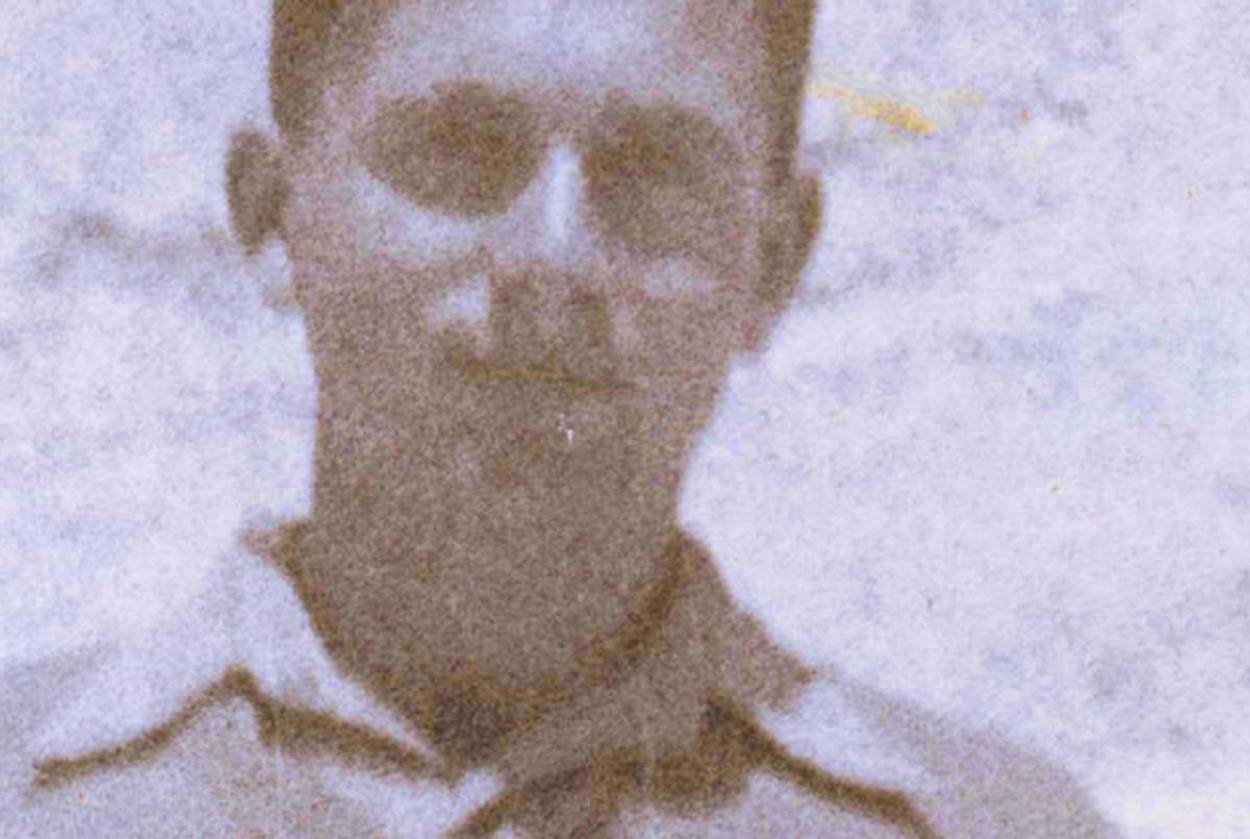
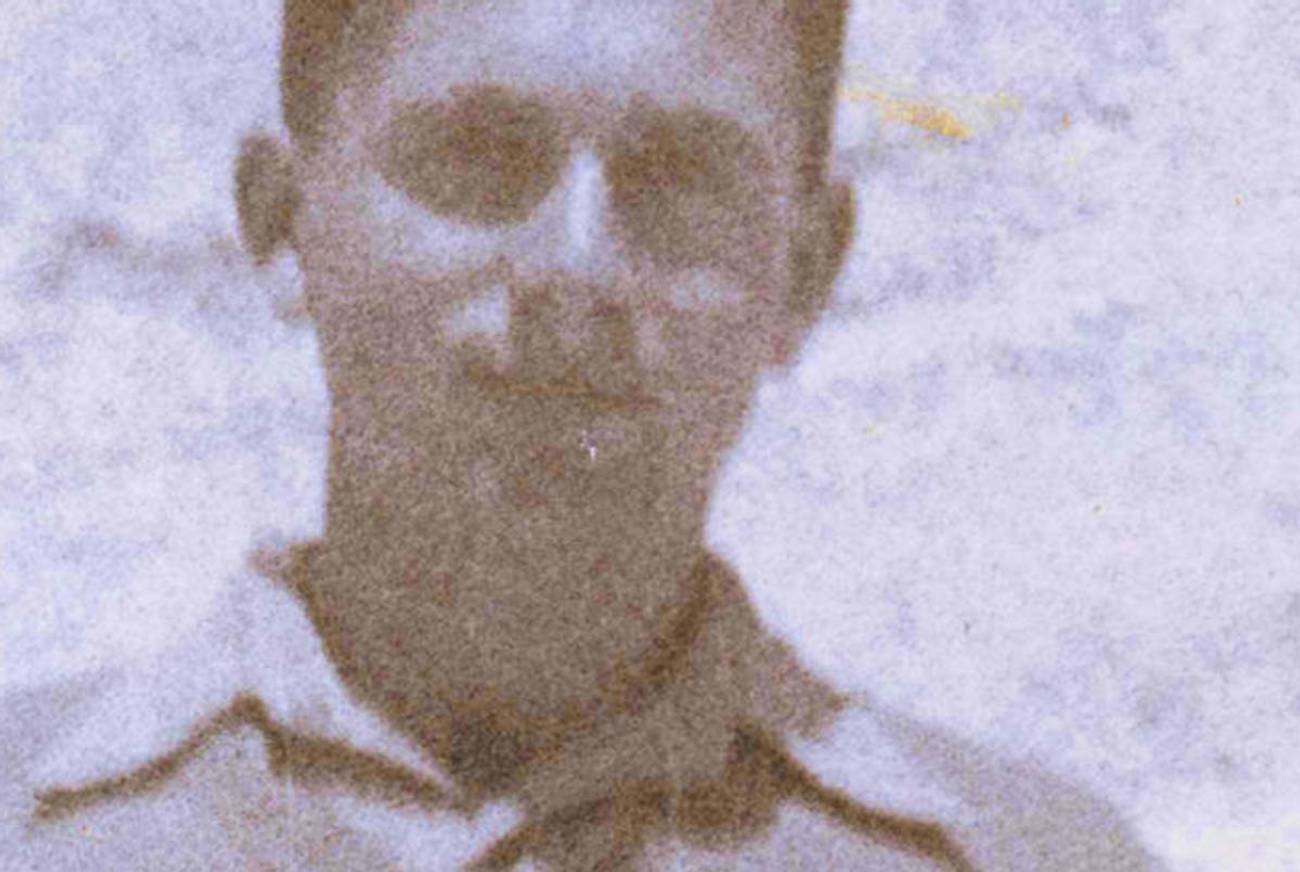


There was a time, one and two generations ago, when Israeli poets wore crowns. Led by Yehuda Amichai (1924-2000)—the king of Israeli poetry in English translation, a sort of Jewish Billy Collins able to please his audience with his smoothness and smarts and his attractive image of the Israeli as a sensitive soul—this band included other greats whose work also appeared in The New Yorker yet who did not become as popular as he was with American readers. Dan Pagis (1930-1986), like Amichai a German-speaker who wrote in Hebrew after he arrived in pre-state Israel, was a darker, more disturbing poet. Dahlia Ravikovitch (1936-2005) was more surprising than Amichai because of her approach to gender—and darker too. She was well-translated but somewhat harder to grasp outside of her native culture, without knowing the emotional and political battles she fought and the texts she rebelled against.
And more recently there was, until this year, Taha Muhammad Ali (1931-2011) a Palestinian-Israeli poet who lived in Nazareth and ran a souvenir shop. Not as widely celebrated as Amichai, he may be more famous in English than at home, due to Adina Hoffman’s fine 2009 biography in English and the translations into English from Arabic of her husband Peter Cole with Yahya Hijazi and Gabriel Levin. Taha, no less than Amichai, wrote with accessible wit and wisdom about life in this contested place, of which he was a native. Toward the end of his life, he too commanded a large audience at Israeli poetry festivals, in the Hebrew translations of Anton Shammas.
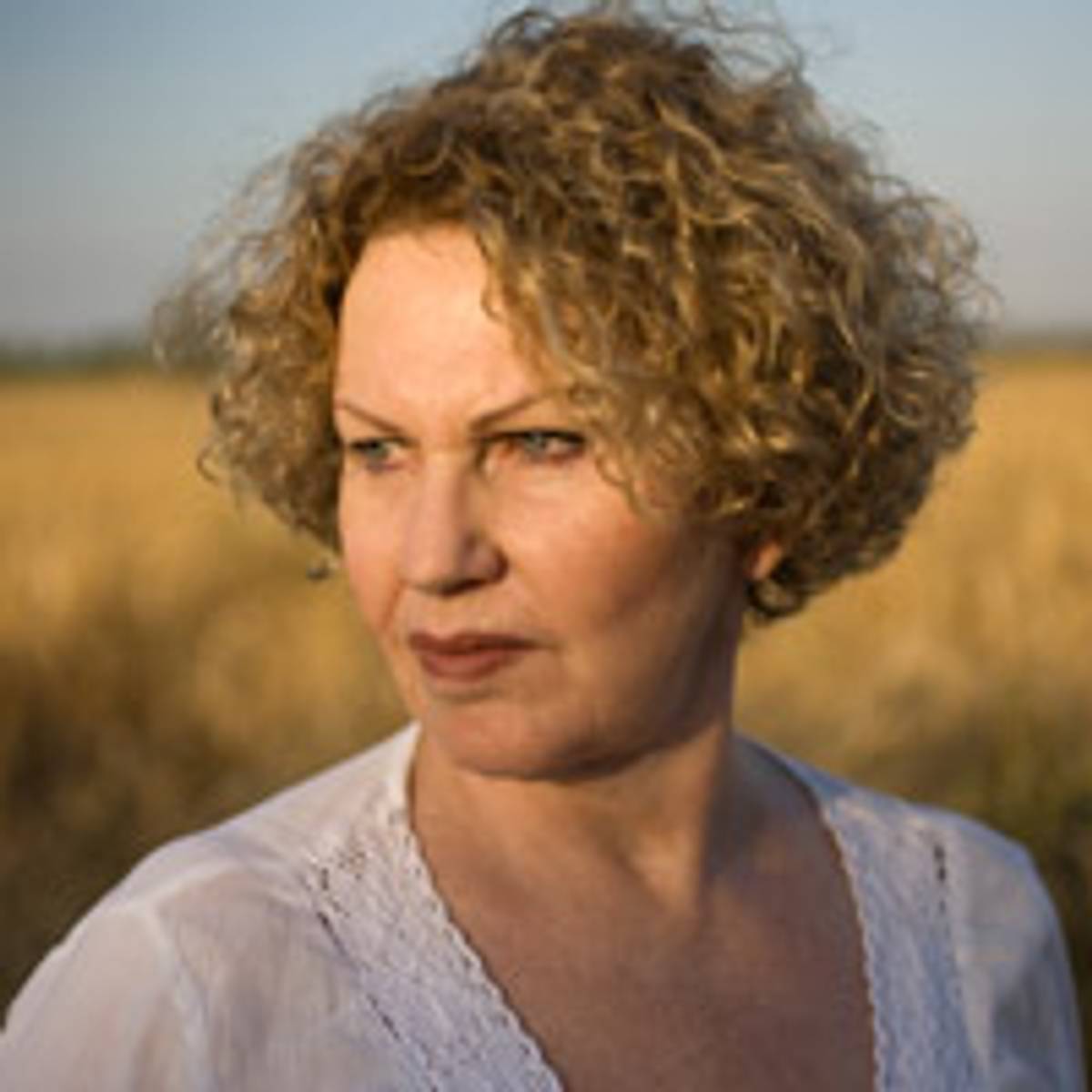
Currently, the beloved veteran poet Agi Mishol (disclosure: I translated a book-length selection of her poems, Look There, in 2006; she is the author of more than a dozen books of poetry in Hebrew) continues to be extremely popular and draw large crowds. She is often called a successor to the great Israeli women poets Yona Wallach and Dahlia Ravikovitch, with poems as deceptively simple as “Blue Bird”:
On the kitchen
counter
the goat-eyed
cat
carries a blue-feathered
bird
already dead
the beak still
in a pincer grip
on a pomegranate twig
each of us holds
something
in our mouths.
But poetry here, as elsewhere no doubt, is no longer the province of one clearly identifiable artistic elite, and certainly not the province of only a few poetry kings or queens. There are hundreds of poets active in Israel, and they come in all stripes: lyric, protest, experimental, minimalistic, formalist, academic, and others. A poet’s union is forming, and, as the prelude to its first meeting, an open reading was held in the street last month on Tel Aviv’s Rothschild Boulevard.
Because I am a translator, I know that for poetry to cross language borders, it must have strong content and brilliant or at least surprising thoughts, not the province of all writers, even the very good ones. To stay at home with honor, poetry must touch a local nerve—be sensitive to both language and current affairs—which is a different thing. Since it may very well be true, as Charles Simic said in a famously negative 2007 New York Review of Books essay about Robert Creeley, that “there are not many poets, even among our best ones, who are likely to have more than eighty pages worth reading,” this will be a brief journey among excerpts from what I consider excellent poems by poets you have probably never heard of. I make no claim to represent everyone’s taste, just my own. And space limitations will mean that mostly everyone is being left out.
***
I’ll begin with a beginner, a barely published 29-year-old Hebrew poet whose first language is Russian: Johnny Spector. I can’t translate him, as I hesitate to translate rhyme and it is nearly impossible to reproduce consonance and assonance. I find that the words emphasized by the repetition of sounds change so completely in translation that a rhymed translation often loses content, in order to give a pathetic illusion of formal similarity to the original.
To feel the force of its beauty, however, you can read the first line of Spector’s “Poem for Budapest” for yourself in a transliteration of the original Hebrew: “Lah-lekhet beh-mah-seh-khat shah-lehket hah-gashmeem. Blee mah-seem. Beh-lo-mileem.” The poem opens with a scene of walking, after a rain, without really noticing, and without uttering a word, on the piles of fallen leaves that are also masking something. The poet, by the way, is writing a thesis on the ethnic identity of prison wardens in Israel
As for Taha Muhammad Ali, his “Revenge” should be required reading in schools here and elsewhere. In translation by Cole, Hijazi, and Levin, the poem seems to offer revenge as a fitting response for “the man who killed my father/ and razed our home” but then doubles back with all kinds of conditions that make violent revenge humanly impossible, so that finally:
… if he turned
out to be on his own
cut off like a branch from a tree—
without a mother or father,
with neither a brother nor sister,
wifeless, without a child,
and without kin or neighbors or friends,
colleagues or companions,
then I’d add not a thing to his pain …
Instead I’d be content
to ignore him when I passed him by
on the street—as I
convinced myself
that paying him no attention
in itself was a kind of revenge.
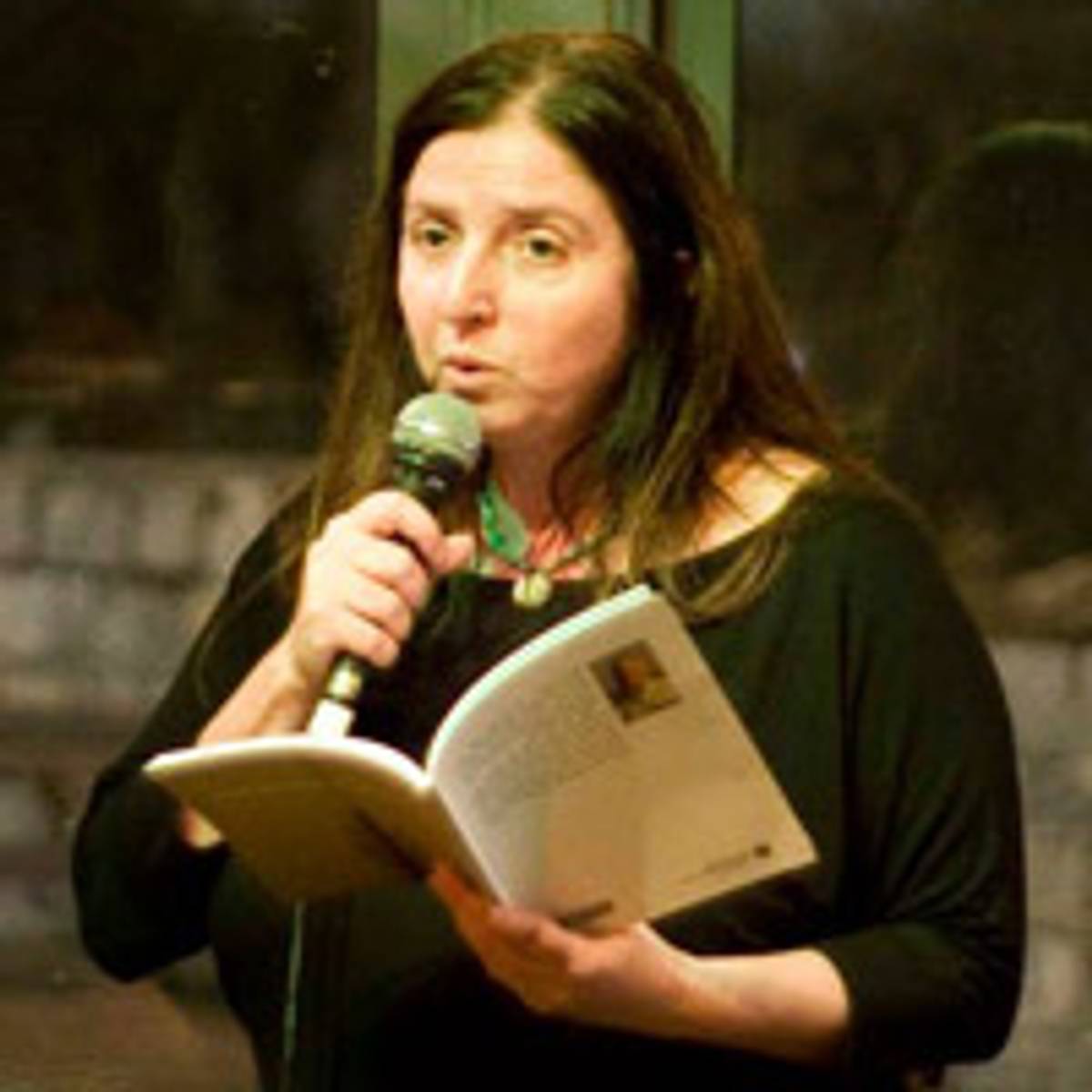
In “Woman of Valor” thirty-something Anat Zecharya, who has one book out, plays on the traditional paean to the Jewish wife and mother recited at Friday evening dinner by observant Jews. She exposes the violent sexism that accompanies militarism in a poem about a real incident, the year-long sexual abuse of a 14-year-old girl by soldiers and employees of an air base:
The first
places your head on his naked lap
and one might think
you weren’t being forced but rather
thanked and your head stroked.
The second slides slowly down your back
the feelings are new
and you can still concentrate.
The third inserts three fingers, says
“Don’t move.” You don’t,
the map of greater Israel
in your eyes.
Almog Behar is also thirty-something and writing on the edge of the national cultures that meet in Israel. He has two books of poetry, one of short stories, and a novel. “My Arabic is Mute” was translated by Jake Marmer:
My Arabic is scared
quietly impersonates Hebrew
whispering to friends
with every knock on her gates:
“Ahalan, ahalan, welcome.”
And in front of every passing policeman
she pulls out her ID card
for every cop on the street
pointing out the protective clause:
“Ana min al-yahud, ana min al-yahud,
I’m a Jew, I’m a Jew.”
And my Hebrew is deaf
Sometimes so very deaf.
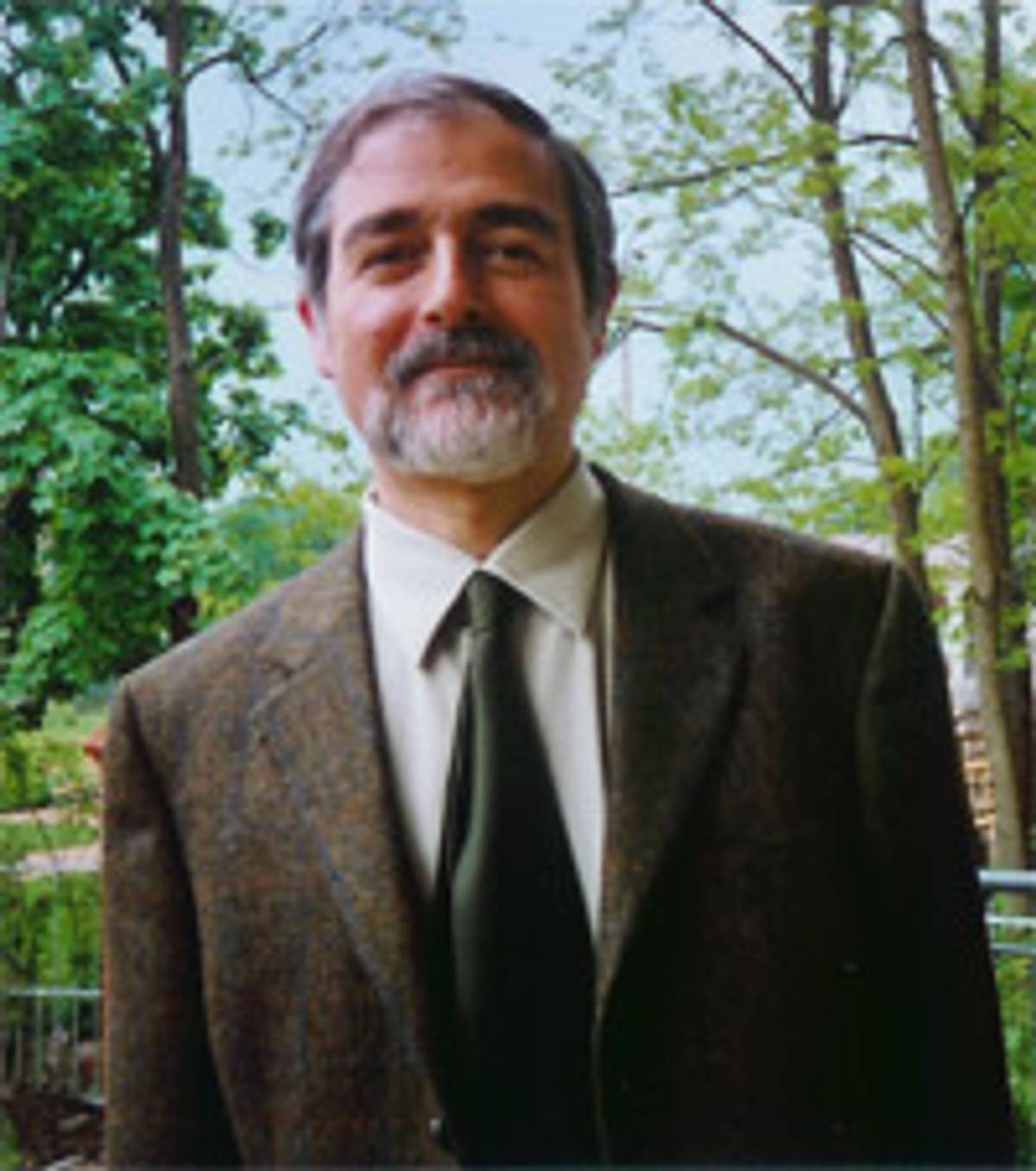
A Talmud and religious-studies scholar now teaching in Berlin, who used to be considered a “religious poet,” Admiel Kosman (10 books, plus one in translation, Approaching You in English, translated in 2011 by me with Shlomit Naim-Naor) crosses most of the heavily guarded borders here, as in the title poem, which concludes:
Officially You may refuse. I know. I’m
approaching You in English this once.
But, please, be kind,
be attentive to the heart.
Even if it’s pointless,
tasteless. Please accept an offering
from me this time.
I’m pleading with You,
please understand,
don’t be offended,
even if
when I approach
I seem to You
to cross myself.
Finally: In Israel there are groups of both middle-aged and younger poets who have established nonprofit organizations in order to teach workshops, print magazines, publish online, and hold festivals. The oldest is Helicon, founded by Amir Or and now co-directed by Agi Mishol and Dror Bernstein, celebrating its 25th year in Tel Aviv. Its workshops have trained dozens of active poets, including some in the almost 10-year-old Jerusalem Ketovet group, operators of Poetry Place.
A thirty-something group including journalist Roy Chicky Arad founded the Maayan literary magazine and a film journal spin-off; they may often be found leading Hyde Park readings at a winter festival in Sde Boker in the Negev, or the Metula Poetry Festival in the north in late May. The leftist journal Mita’am, “a review of literature and radical thought,” edited by poet, fiction writer, and journalist Yitzhak Laor, closed in December after 28 issues in seven years. On the other side of the political map is Mashiv Ha-ru’ach, a journal founded in 1994 by young Orthodox Jewish poets, some of whom live in settlements, as they state on their home page. And this is the place to at least mention the two hardworking Israeli publishing houses, Keshev and Carmel, whose translations bring the best of the world’s poets to those writing here.
I’d like to leave the last word to Lilach Weber, co-editor of the Goddess of Mastik, a Jewish-Arab literary magazine in Haifa (disclosure: She is the niece of my ex-husband. Israel is a very small country). The poem is called “A fictional solution to the Israeli-Palestinian problem,” and part of it goes like this:
We’ll learn from the failure of Lebanon
and know that the solution is romantic:
the solution is romantic.
This is how the 19th century shaped us
because individualism is the cradle of solidarity
and the fiction we make
is just an excuse
to stay in bed
and not go out
into the streets.
Lisa Katz is a poet and translator who lives in Jerusalem.